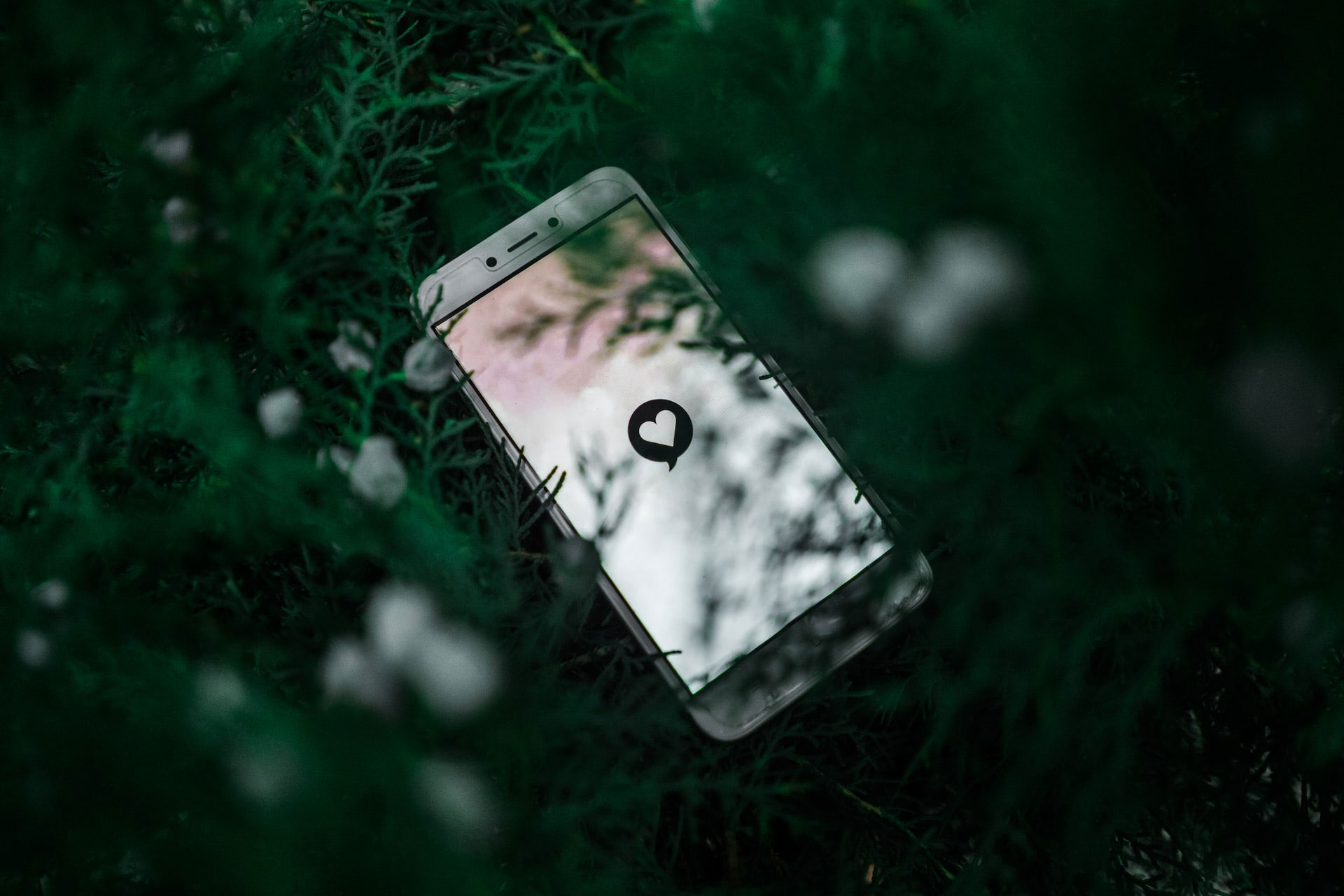What’s that? More platform updates in February? Of course. It wouldn’t be social media without a month of new features and changes. Some of the more recent ones have had mixed responses from users as platforms look to boost social media engagement once again.
TikTok continues to focus on user-engagement and safety
TikTok continues to roll out changes to its app, even while the House of Representatives’ foreign affairs committee debates its future in the US.
Aside from national security concerns about TikTok, it’s still a topic of conversation about the harmful content on the platform and potential damage to teens using the app. This explains the latest update limiting daily screen time to 60 minutes for under 18. It sounds like a good idea, however users are able to opt out of it, so time will tell on how much of an impact this will actually make.
In another bid to reduce harmful messages and content sent to people, users now have tighter control over who’s allowed to send them direct messages on the app.
For a more light-hearted update, TikTok has added various topic feeds to the homepage – such as gaming, sport and fashion. The change offers users a quick way to find topics they want to browse, rather than spending too much time being sidetracked by other content.
It could be an attempt to create a more meaningful experience for users, reducing the automatic, zoned-out kind of scrolling that it’s easy to fall into when viewing shorts.
Apart from creating a better user experience, having an actively engaged user-base could really help when it comes to shopping on the app. More brands in the US are trying out the Shop feature, and having an audience that’s engaged in watching content they’re actually passionate about could be a real boost to sales.
Meta jumps on the increased user-experience for paid verification bandwagon
In what will seem to some as a direct response to Twitter Blue, Meta launched a new verification system on Facebook and Instagram. It launched in Australia and New Zealand in February.
Users that want to pay for Meta Verified will need to supply Meta with a “government issued” form of identification to confirm who they are.
Pay for a verified account and Meta promises that your account will be monitored for anyone impersonating you, live customer support and increased visibility in recommendations, search, comments and follow suggestions. Sounds good right?
You’ll also get recommended more often in Reels and Explore on Instagram and get exclusive stickers for your Instagram Stories.
At the moment, it feels like Meta and Twitter are having a bit of a contest around which site can provide the most benefits in exchange for a paid account, and it remains to be seen if enough people are comfortable with giving Meta their identity documents to make the service worthwhile.
Instagram supporting social media engagement between creators and fans
Instagram has announced that it’s launching “Channels” which offers a way for creators to post 1-to-many messages to engage with their followers directly. Testing started in the US in February.
It sounds a bit like the Community tab on YouTube – as it’s a space dedicated to providing updates and direct communication with the creator’s audience. Channels is set to launch on Facebook and Messenger later in the year.
Channels could help support community development and social media engagement, but it could also be a sign that Meta is again trying too hard to be the app where you go for everything – and in the process it could see Instagram start to lose its identity. Definitely one to watch!
Is Spotify making a push into social media?
Spotify is no stranger to the power of social media – Spotify Wrapped is an annual favourite on many social platforms – but recently it’s been exploring ways to bring some of that social sharing to the app.
Last year it trailed a “community” tab, and now it’s testing a “friends” tab for users of the mobile app. There’s been no official comment on the feature yet so it’s uncertain whether Spotify will continue to push into the social sphere – especially as it’s recently emphasised the importance of listener privacy. There may be a bit of a conflict between users who love the app for its music-player origins and any desire Spotify has to explore a more social future.





